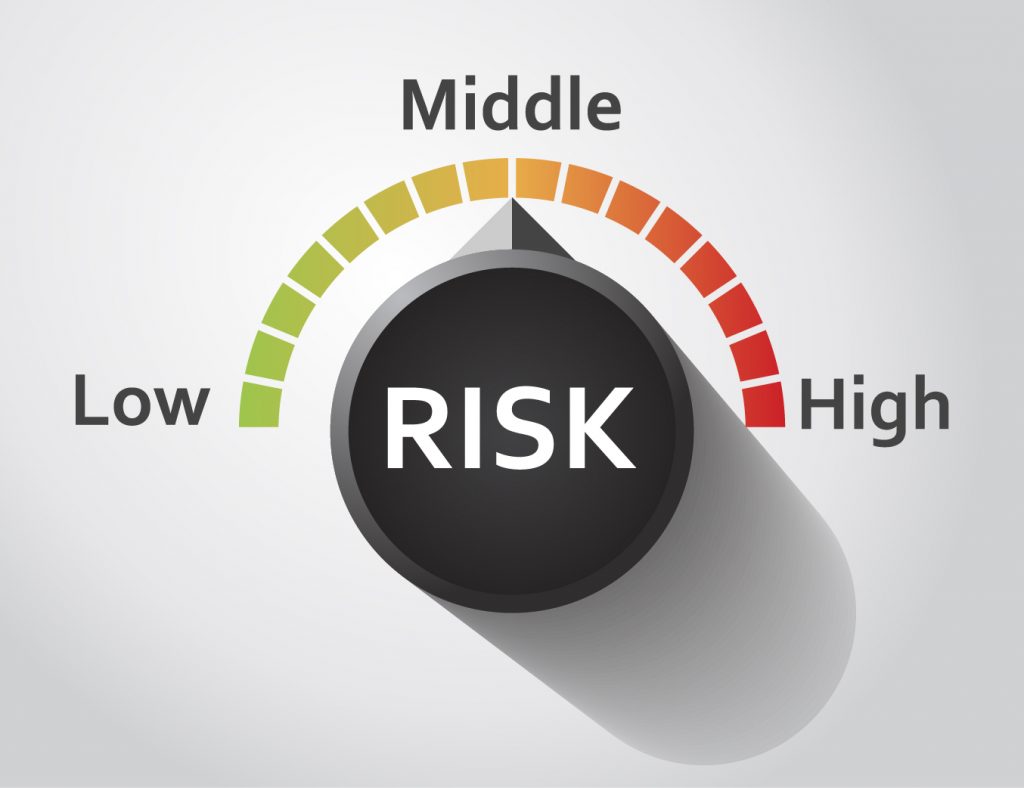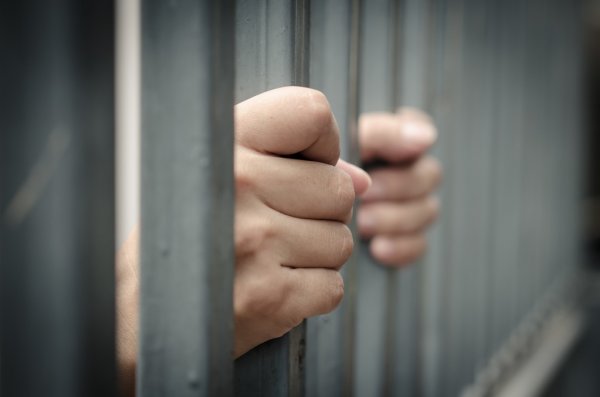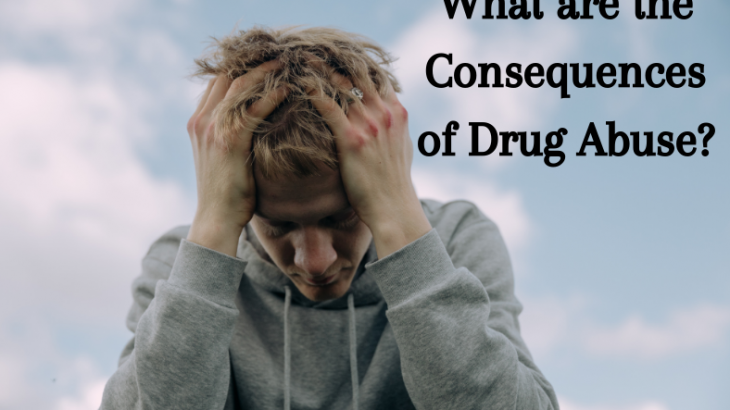Drug addiction is a serious disease, and the long-term consequences of drug abuse aren’t just limited to chronic use. An occasional dose can impact an individual’s brain chemistry so significantly that it can affect one’s sense of reality, cause short-term memory loss, intense cravings for certain drugs, hallucinations, disorientated thinking, and even compulsive drug seeking behavior. When you don’t get help, your problem quickly gets out of hand. It is very important to search for a drug addiction recovery center or a luxury drug rehab to get you or a loved one the help that is needed to overcome a drug addiction.
Mental & Psychological Consequences
Drug abuse manifests many different mental consequences. In most cases, drug addiction leads to severe depression and emotional instability. People become withdrawn and lose interest in family and friends. They experience paranoia and believe that everyone is after them. These individuals frequently feel they are at a high risk of relapse and suffer from acute anxiety and depression.
Depression & Anxiety
Psychological consequences include depression and anxiety. Many addicts suffer from severe depression due to their substance use disorder. This can eventually lead to psychological problems like anxiety and panic attacks. Those who experience this level of depression are more likely to commit suicide. Some addicts experience guilt, thinking that they are responsible for their addiction. This leads to a second depression and can lead to substance use disorder again.

Psychosis
Psychosis is defined as “a condition in which people see and feel things that cannot normally be thought or reason.” It is a psychological disorder characterized by hallucinations and delusions. Although not all who use drugs develop paranoia and depression, a significant number do. There is no definitive way to diagnose the beginning of a psychosis condition. Some research suggests that people who abuse prescription medications may experience early onset of psychosis and depression. It is important to note that some types of drug abuse can lead to depression and psychosis if the medication used to treat those symptoms is the addictive agent.
Psychosis can be divided into two categories – organic and non-organic. Organic disorders are those that are biologically based, meaning that the body has created the problem and are generally more serious than those caused by other substances. Non-organic disorders are those that are the result of a psychological disorder that does not have a direct biological cause. Drug addiction, prescription drugs, and certain other psychologically related illnesses can result in either type of illness.

Health Consequences & Subtle Physical Consequences
Another one of the substance consequences of addiction is the health consequences. Many addicts suffer serious health problems because of their drug addictions. Cancer, organ failure, bipolar disorders, diabetes, and other physical conditions can develop as a result of abuse. Drug detoxification is often required for these types of situations. Abstinence is required during treatment so that patients do not begin to abuse again after leaving treatment. Drug abuse negatively affects the liver, cardiovascular system, and central nervous system, and can lead to different kinds of cancers. The likelihood of health problems has only increased due to the opioid epidemic that has happened over the years.
Insomnia, Weight Loss, & Increased Risk of Infections
Some of these more subtle physical consequences of drug abuse are insomnia, weight loss, lack of appetite, vomiting, loss of interest in sex, and increased risk of infections. Drug users can contract various types of infections, such as HIV, hepatitis B and associated diseases, and hepatitis C, which are treatable. In fact, it is not uncommon for drug abusers to form cystic acne, which is similar to a severe case of acne vulgaris. Acne cysts often break out on the face, neck, shoulders and back. This condition, however, is rarely deadly.

Social Consequences
Drug addiction presents many social consequences. These social consequences are usually harder to deal with and are harder to observe because they are often subtle. Social consequences of drug abuse range from having to drop out of school to getting arrested or going to jail. Each of these consequences of drug abuse is based on the individual and their relationship to drugs.
Death & Effects of Death on Loved Ones
Drug abuse has been responsible for the death of many loved ones, and drug abuse can directly cause the loss of a loved one. Addiction is not only dangerous to the user, but to the user’s family as well. The victim’s family has to suffer the effects of their loved one’s addiction, as well as the victim’s addiction. Drug rehabilitation centers have experts who have experience dealing with these issues, so if your loved one is going through this process, it is important that you do not forget about the consequences.
Getting Arrested & Effects of Arrest
An addict may get arrested for suspicion of drug addiction, possession of drugs, or selling drugs. This can make dealing with the consequences of drug addiction extremely difficult. The person may be sentenced to time in prison or may be put on probation. They may even lose their job or be fired from their job because of the charges against them. Getting arrested can also lead to a mental health crisis in which case it may be advisable to consult with a drug addiction professional immediately.

Jail Time
For drug offenses, the consequences of being arrested will always be some form of jail time. Those arrested for misdemeanor crimes may serve up to one year in jail time. Those charged with felony crimes could face jail time over four years or more. The court may impose a number of additional charges for the defendant in addition to jail time. As soon as the defendant appears in court, the court must set a date for a pretrial hearing, at which time all charges will be decided.

Conclusion
It is imperative that you seek professional help if you suspect your loved one is suffering from addiction. You will want to do a thorough examination of their medical history. You should ask for a current evaluation from a drug rehabilitation center or other facility. You should also ask your loved one to fill out a drug evaluation form that details the extent of their substance abuse. Once you have obtained all this information, you will then need to determine the type of treatment that will work best for them. Your doctor may recommend detoxification, which will help remove the drug from their body, while a more conventional program may require that they try to break their dependence on drugs without using illegal substances. Drug rehabs also offer inpatient and outpatient programs that can accommodate any addict with whatever is going on in their lives.
